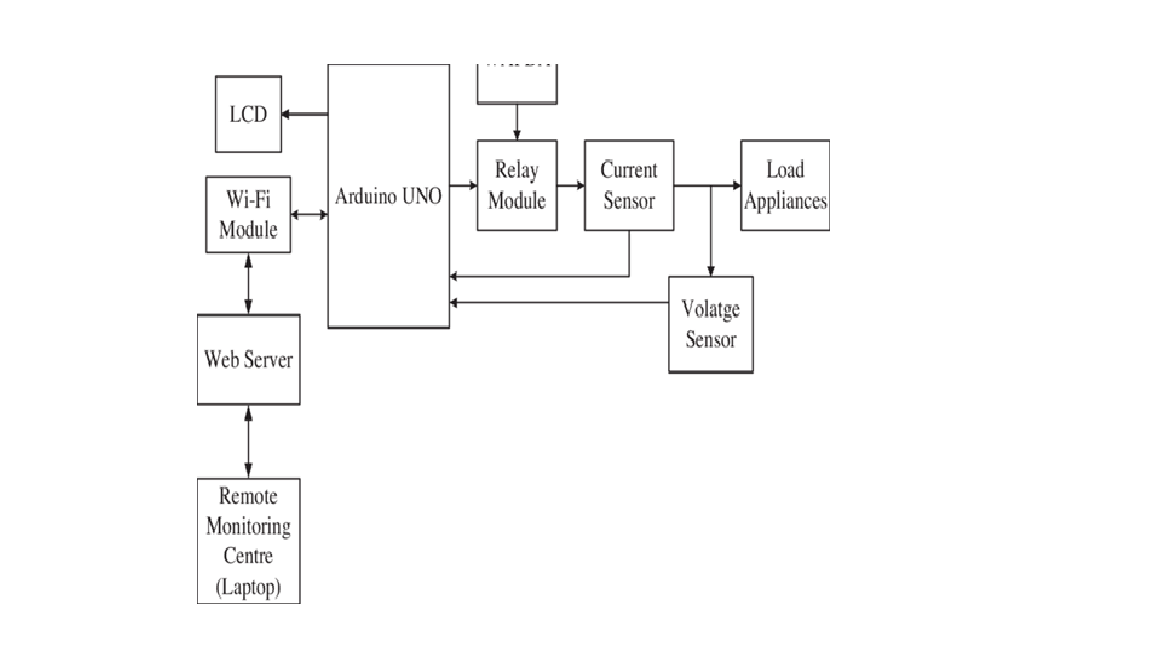Portable Power Station Using IoT Devices
Main Article Content
Abstract
A portable power station is a rechargeable battery-powered device designed to supply electricity to various electronics and appliances. It features multiple output ports, including USB, AC, and DC outlets, enabling simultaneous charging of multiple devices. These stations can be recharged using wall sockets, car chargers, or solar panels, making them suitable for various applications. IoT-based power monitoring systems are implemented in fields such as medical technology, GPS tracking, safety systems, and light spectrum analysis. Despite differences in applications, all IoT systems share common features, including self-powered sensors with internal or external batteries, limited data registers, and refresh rates exceeding one second. Additionally, although devices communicate through a single interface, they are not always synchronized with a real-time clock, which can impact data analysis. The document "IoT-Based Power Monitoring System and Control" provides an in-depth analysis of designing and deploying an IoT-enabled system for monitoring and managing power consumption in electrical appliances. It integrates wireless sensor networks (WSNs) with Ethernet, Internet, and web services for data management. The hardware setup is designed to measure and control key electrical parameters, such as voltage, current, and Power.
